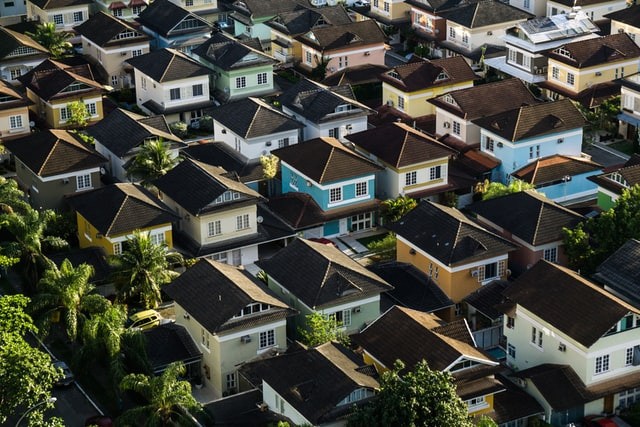
U.S. house prices are expected to survive the economic downturn and even projected to outpace consumer price increases, the latest survey results say.
Data from a poll of more than 40 housing strategists conducted June 9-19 revealed that house prices are expected to jump 3.0 percent this year and next, the Reuters report said.
In comparison, three months ago, house prices were projected to rise by 3.4 percent and 3.2 percent, showing that the forecast remained stable amidst the economic difficulties and soaring unemployment rate.
The U.S. Federal Reserve median projections for consumer inflation are 0.8 percent and 1.6 percent for 2020 and 2021, respectively. These U.S. Federal Reserve projections, coupled with low mortgage rates and the tight supply of homes for sale, are the fundamentals that could support these home price increase projections.
The housing demand returns in a dramatic fashion, RCLCO managing director, Brad Hunter told Reuters, with markets across the nation reporting a resurgence in demand. Price reductions, he continued, will likely be confined to the lower tranches of the housing market.
House price growth, however, may be stalled if market activity remains weak and the unemployment rate continues to rise.
READ: Buyer and Builder Confidence Back as U.S. Economy Reopens
A great majority count of 21 out of 34 analysts said that the U.S. housing market activity's return to its pre-pandemic levels would come gradually. Meanwhile, eight analysts said that its return would be quick, three said it would be long and slow, and two have said that it had already returned to pre-pandemic levels.
BMO Capital Markets senior economist Sal Guatieri said that it is only the very low mortgage rates that support the housing market at this time. But it will not be enough to negate the effects of weak consumer confidence and rising unemployment.
Mortgage rates fell to another all-time low for the week ending June 17, 2020, as the 30-year fixed-rate mortgage dropped to 3.43 percent from 3.44 the previous week; this marks the third week in a row that mortgage rates fell to a new low.
Meanwhile, the unemployment rate in May has dropped to 13.3 percent, according to the U.S. Bureau of Labor Statistics, due to the gradual reopening of the U.S. economy. The number of unemployed decreased by 2.1 million to 21 million.
Twenty-five of the 34 respondents believe that high unemployment is the biggest hurdle for the housing market in 2021, while six said that it is the tight inventory of affordable homes. Three cited stringent lending policies as the biggest hurdle.
Despite these factors, a majority of the analysts are optimistic that house prices will not fall in 2020, as opposed to the 2008 housing crisis. Guatieri explained that this is because the majority of those who lost their jobs were those from the lower-paid sectors. Many of the unemployed, she said, were not existing homeowners or prospective homebuyers before the pandemic.
While moderate house prices decline is not seen to likely happen, the worst that they could drop, if ever, is by 1.2 percent and 1.0 percent in 2020 and 2021, respectively.
READ NEXT: Zillow Group Helps Colombian-Based Real Estate Startup Raise $10M



